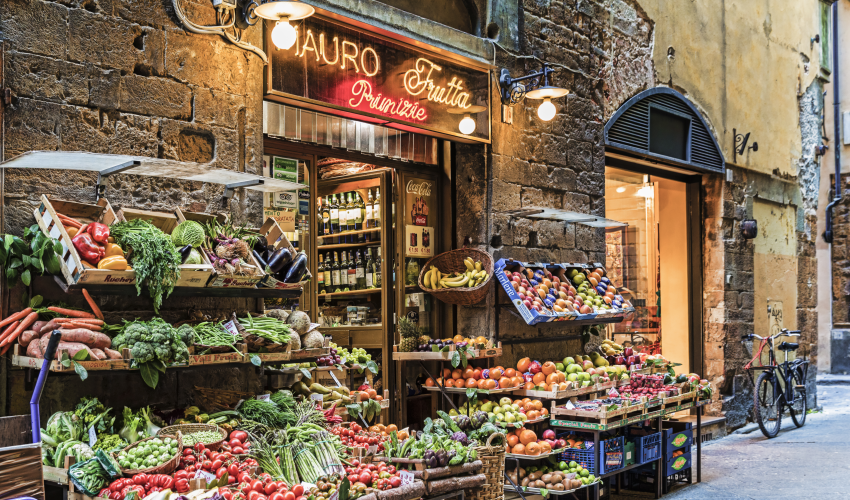
Covid19: What if It Was the Small Merchants' Revival?
THIS IS THE CONCLUSION REACHED BY THE 21 MIMEC STUDENTS AT THE END OF THE RETAILING LABORATORY THAT LED THEM TO CARRY OUT A SURVEY ON AS MANY STORES THROUGHOUT ITALY. WE HAVE TURNED THE LIMITS OF NOT BEING ABLE TO MEET IN THE CLASSROOM INTO AN ADVANTAGE, SO THE LABORATORY HAS BECOME A JOB IN THE FIELD, EXPLAINS CHIARA MAURI, DIRECTOR OF THE PROGRAMThe innovations offered by online teaching as a response to the lockdown have conditioned the MiMeC Retailing laboratory, the master in Marketing and Communication from the beginning. "For the better, though!", Chiara Mauri, Bocconi professor of Marketing and sales, immediately explains. "Taking advantage of the opportunity to have a network of students spread throughout Italy and thinking about the active role that is required in a laboratory, I assigned them a field survey of certain types of shops from different points of view that investigated the reaction to the new rules imposed by the health emergency ".
As long as a visit could still be carried out, the 21 members physically went to the chosen establishments to evaluate the determining factors of the location, the assortment, the prices, and contact the managers or owners. Their live observations were then compared to the scenarios prefigured in a recent McKinsey report and was condensed into a final paper. "And it is precisely here that the kids’work really surprised me," comments the professor. "The written paper is a tool that we now use very little and students are no longer accustomed to it, but here it has proved very effective. First, from the teaching point of view, because writing it allowed opinions and personal experiences to emerge that in the classroom might not have been expressed; and also in terms of the research, because it also offered students the opportunity to describe the psychological aspects and other intangible elements they observed, which are usually underestimated in such studies ".
Confirmation comes from the students. "In fact, the side that most impressed me, speaking with the owner of a pastry shop in Verona, was precisely the positive vision he showed", says one of them, Nicole Vesentini. “At the first signs of closure, they immediately became active with the most loyal customers, offering them delivery of a special dessert for Father's Day. That way they recovered part of the proceeds and above all they managed to utilize the inventory that would otherwise have been thrown away. The experience offered them the opportunity to think about the possibility of opening a small personalized delivery service in the city, even if they are confident that once the emergency is over, customers will return to their premises. People are attracted by the product but above all by an experience of taste and interaction difficult to replicate at home ".
Psychological variables and dynamics in customer relations were also at the center of the case analyzed by Alice Rosetti, a small supermarket on the outskirts of Ravenna. "I was interested to see how reality had changed in an business that had always stayed open," says the student. "The interview with the owner highlighted his reflection on the management of all the different phases of this emergency. It started with the assault of customers at the first signs of the lockout and moved to the new daily life, made of queues outside the entrance , less frequent shopping but with longer average receipts, and unbalanced consumption favoring some categories of products such as flour and yeast. He also told me how his job has changed, and was now very focused on guaranteeing employee safety and customer compliance with the rules".
In short, the description of the negative contingency also leaves room for research to tell the story of the spirit of initiative and practical inventiveness shown by individual operators so they can continue looking to the future with hope.
"In particular, these stories show the importance of the capital represented by customers and the pressing need to cultivate the relationship with them even more, even at a distance, through initiatives that digital can enhance", concludes Mauri. "It is a process that will also apply to the major retail giants, but at the moment it can be the premise for what some students have called a" traditional retail revival "because it is an opportunity for merchants to recover some of the market lost towards e-commerce and large-scale distribution ".
by Emanuele Elli
Translated by Richard Greenslade
